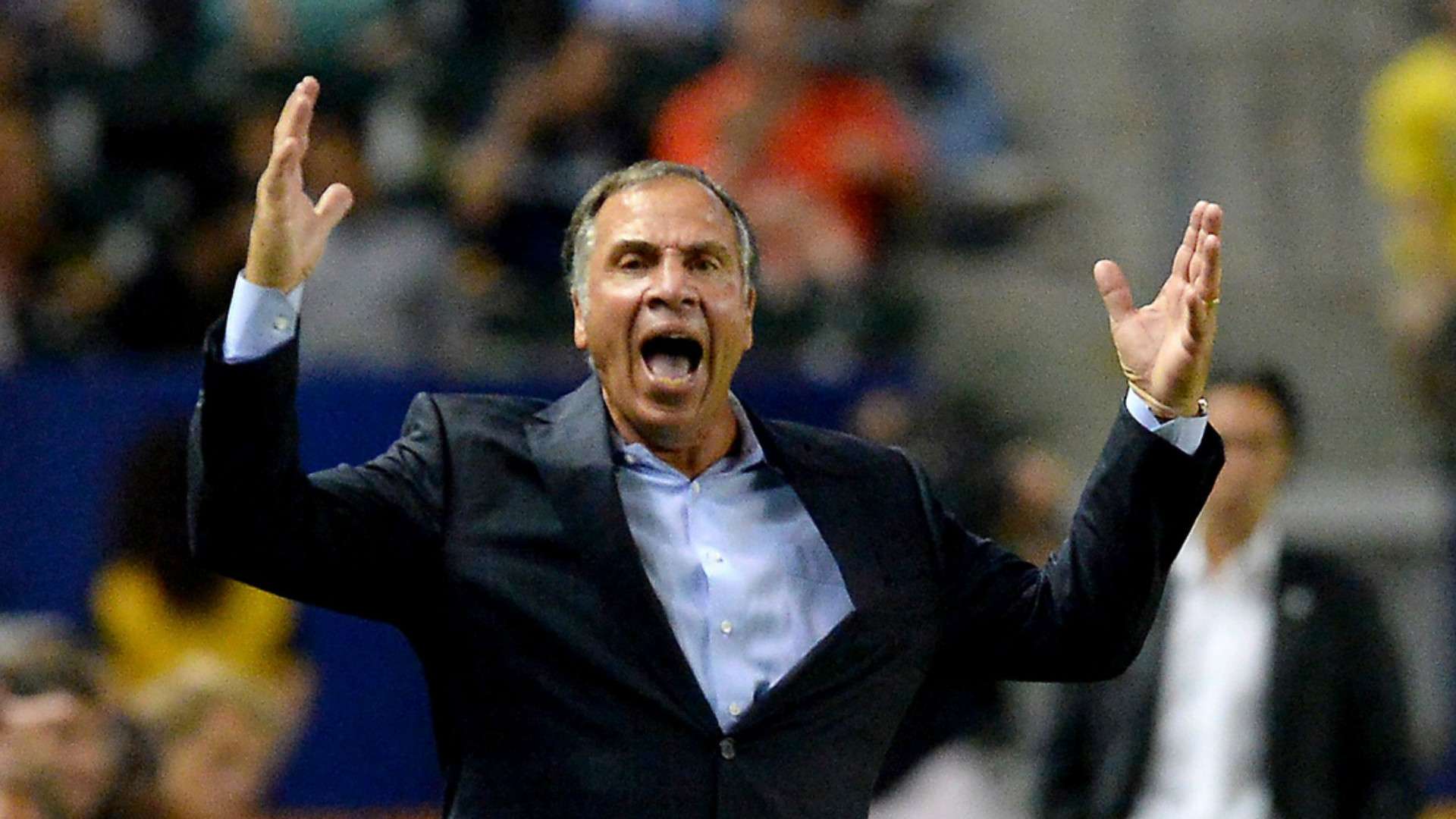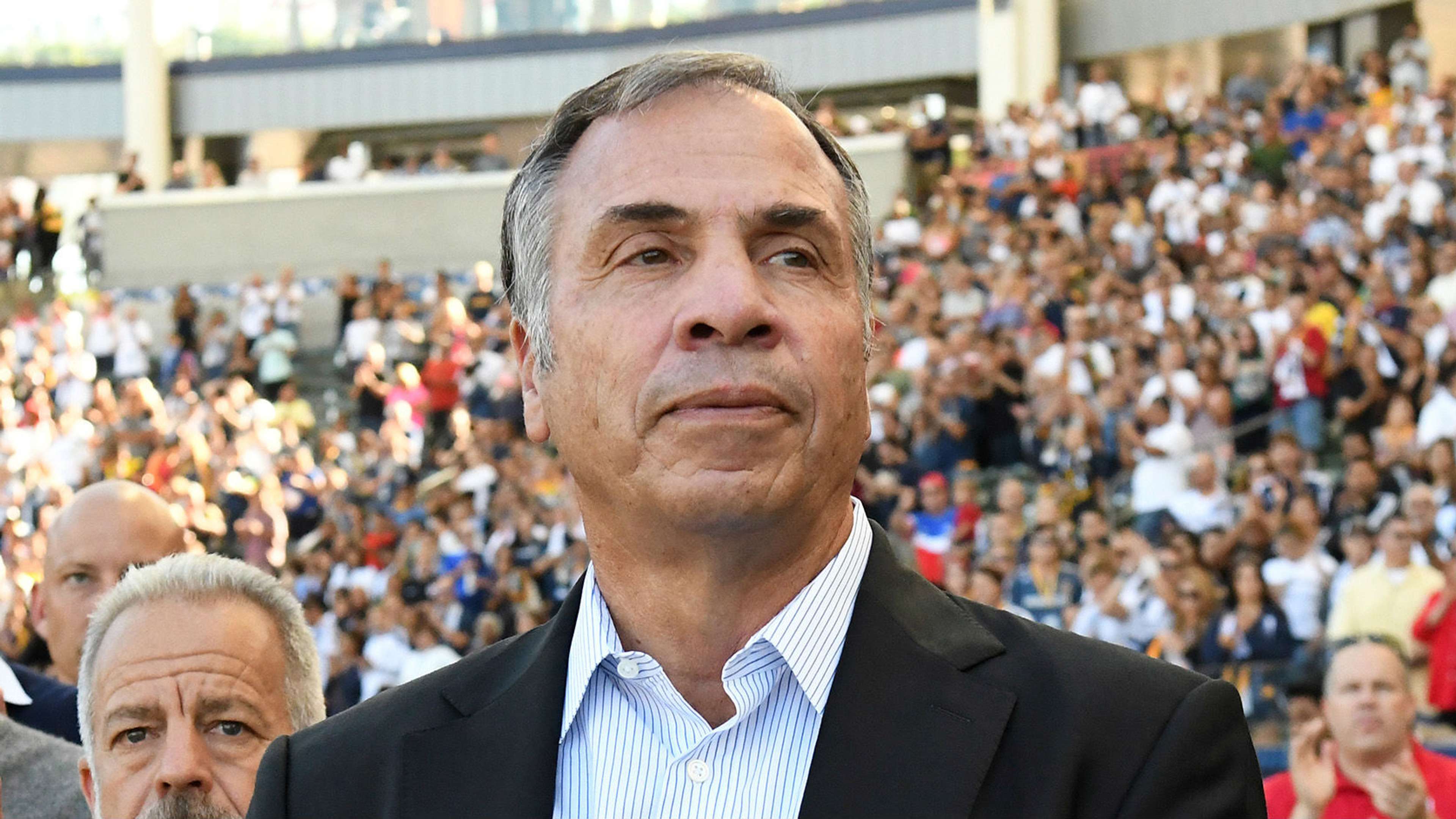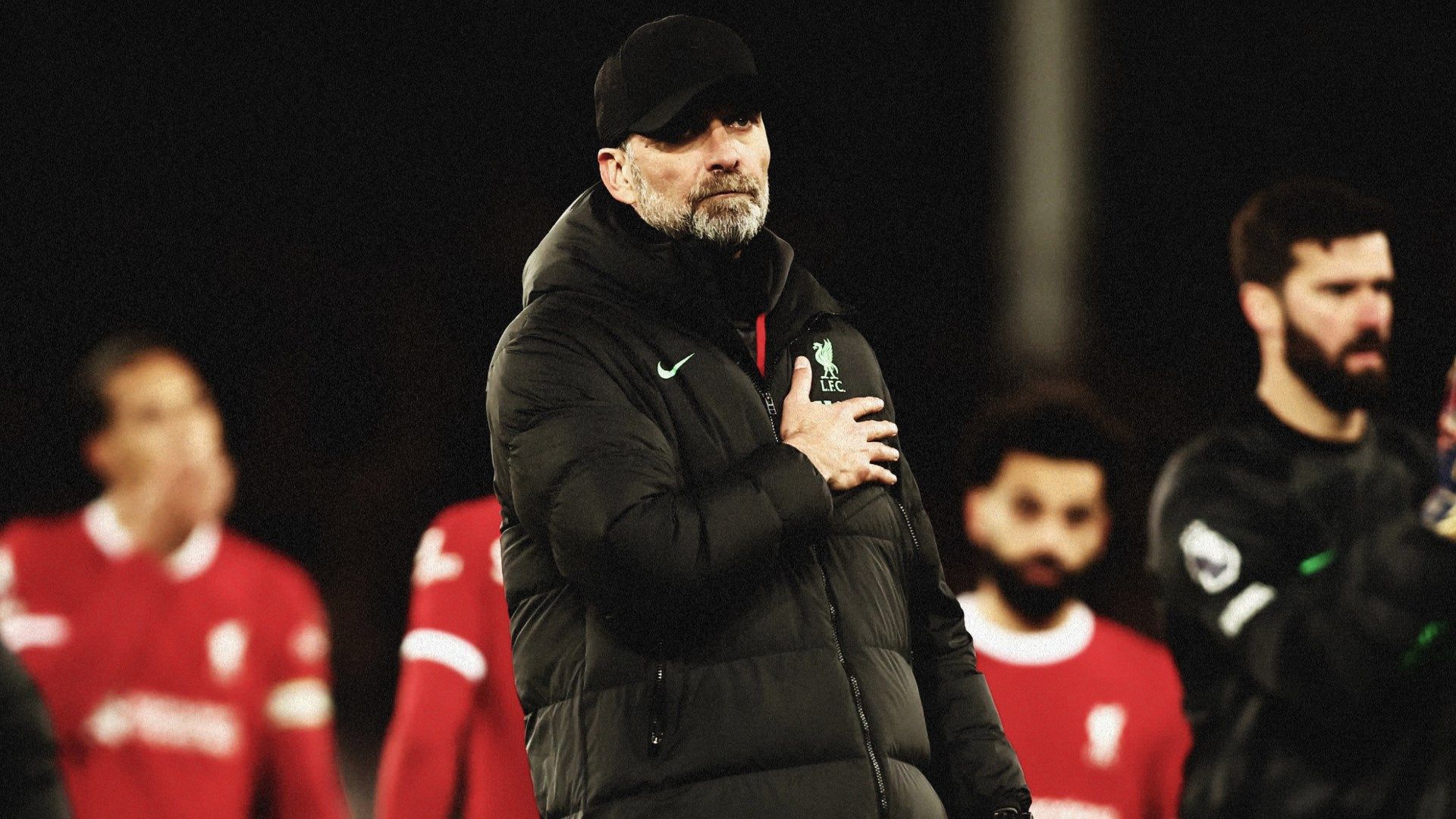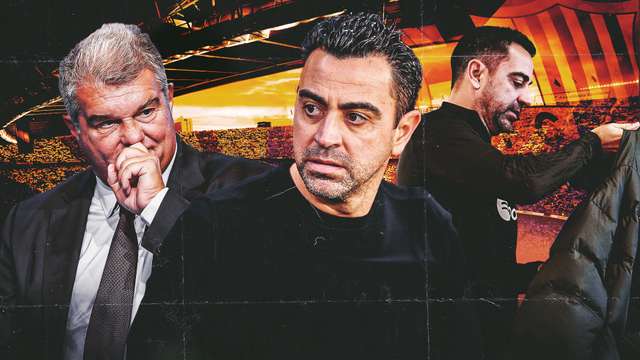 EXCLUSIVE
EXCLUSIVE
When Bruce Arena was let go as U.S. national team coach 10 years ago, he didn't mince words about the man who let him go. U.S. Soccer president Sunil Gulati was a longtime friend but the U.S. coach wasn't ready to leave the job, even after eight years in charge, and he let his displeasure be known in critical comments of his former boss.
That background made Tuesday's events all the more surprising, as Gulati announced the hiring of Arena to take on his old job a decade after leaving it.
Arena returns to his old post with more experience, and a better understanding of the demands of the position. He also admits now that Gulati's decision to let him go a decade ago was the right one.
"Whether I like to say this or not, it probably was the right time to make a change, and as you get a little older you look back at those things and you see it makes sense," Arena told Goal USA on Tuesday, shortly after being introduced as the new U.S. head coach.
As for hard feelings between Arena and Gulati, that faded away long ago. True friends don't stay mad at each other for long, and it was their restored friendship that allowed Gulati to approach Arena with the opportunity to coach the national team again after deciding to part ways with Jurgen Klinsmann.
"We just saw an amazing presidential campaign where people said some nasty things to each other," Arena said. "Sunil and I, or I in particular, said very little compared to that. We’re big boys. We understand in the heat of action sometimes you say things that you regret and I certainly did. But at the end, we’ve been friends. He’s been a real good friend of mine, so we don’t have any issues.
"We know this is business. We know that if he thinks in six months he’s got to make a change again he’ll do it, regardless of our friendship. We have a very good understanding of each other, and a good relationship."
Arena is inheriting a U.S. team that has a good collection of talent, but a group that hasn't always been consistent. With the likes of Christian Pulisic and Bobby Wood emerging in attack, and Geoff Cameron and Michael Bradley providing experience and quality, the current group has the tools Arena believes can make up a good team.
"I do think there’s some good young players, as well as a good mix of influential veteran players, and it’s going to be my job to bring them all together," Arena said. "I don’t think they’ve consistently been a team, and that’s what I’ve been hired to help them become.
"They’ve got to collectively play better, and we’ll establish a sense for who we are," Arena said. "We want to be more imposing on teams, and more confident to go into every game and feel like we can win."

Arena knows about winning with the U.S., having compiled the best winning percentage of any coach in U.S. national team history. His run from after the 1998 World Cup to 2006 saw him lead the Americans through a pair of World Cup qualifying campaigns, including a first-place finish in the Hexagonal leading up to the 2006 World Cup.
It is that knowledge of the CONCACAF qualifying landscape, as well as his knowledge of the U.S. player pool, that led Gulati to hire Arena over potential high-profile candidates who would need more time to acclimate.
Arena knows his main task is securing qualification to the 2018 World Cup. He believes the current U.S. team has the ability to climb out of its current hole in the Hex standings, but also acknowledges the competition for World Cup places has grown tougher since his last go-round as U.S. coach.
"I think the countries such as Panama have gotten better," Arena said. "Trinidad (and Tobago), although they’re not off to a good start, they’ll be difficult to get two results against. We know obviously Costa Rica and Mexico are going to be difficult, so it’s not easy. And I don’t think it was easy the last two times I qualified a team, but the teams in Central America, and our Mexican friends, have much more experienced players now so it’s going to be really challenging."
Though Arena now acknowledges it was the right time for him to move on as U.S. coach in 2006, he is excited for this surprising opportunity at another crack at a job he considers an honor. When he was hired in 1998, he had just three seasons as a professional coach under his belt, having spent the bulk of his career coaching college soccer. Now, Arena has another decade of professional coaching on his resume, as well as three MLS Cup titles.
"The one thing though is it’s a different job than coaching a club team," Arena said. "It’s not a day-to-day atmosphere with your team, it’s just a different challenge, and it’s extremely challenging.
"What I feel good about is the fact that I’ve had 10 more years of experience to make me better this time around."

.jpg?auto=webp&format=pjpg&width=640&quality=60)
.jpg?auto=webp&format=pjpg&width=640&quality=60)

.jpg?auto=webp&format=pjpg&width=640&quality=60)